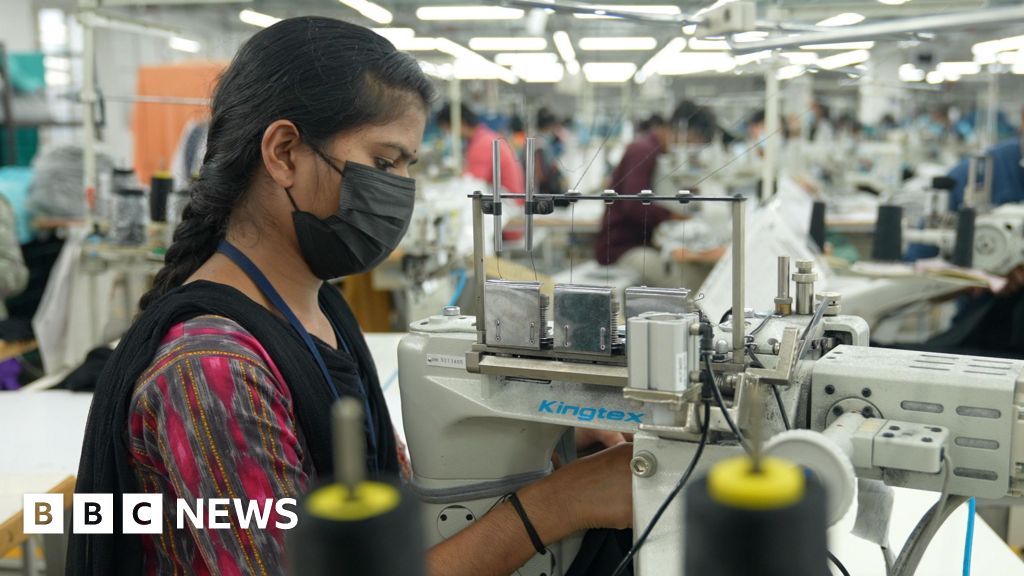The automotive landscape is rife with obstacles, including significant tariffs imposed by the U.S. government and sluggish market conditions in Europe. Chief Executive Håkan Samuelsson noted that despite the difficulties of these decisions, they are vital as Volvo aims to cultivate a more robust and resilient business model. In light of a recent 11% drop in monthly global sales, the company's proactive measures reflect the tough realities faced across the industry. Volvo Cars, headquartered in Gothenburg, has production facilities in several countries, including Belgium and China. Having transitioned from Ford ownership to Geely in 2010, the company previously expressed ambitions to electrify its entire vehicle range by 2030, although these goals have been recently tempered by ongoing market uncertainties.
Similar cutbacks have been witnessed in the industry, with Nissan announcing a staggering 11,000 job reductions due to weak sales in key markets, contributing to an overall trend of mass layoffs. Additionally, fierce competition among car manufacturers has led to aggressive pricing strategies, with electric vehicle makers such as BYD triggering price wars, particularly in China and Europe.
As the automotive sector navigates these turbulent waters, Volvo Cars' actions signify a substantial response to an ever-evolving marketplace challenging traditional business models and sales strategies.
Similar cutbacks have been witnessed in the industry, with Nissan announcing a staggering 11,000 job reductions due to weak sales in key markets, contributing to an overall trend of mass layoffs. Additionally, fierce competition among car manufacturers has led to aggressive pricing strategies, with electric vehicle makers such as BYD triggering price wars, particularly in China and Europe.
As the automotive sector navigates these turbulent waters, Volvo Cars' actions signify a substantial response to an ever-evolving marketplace challenging traditional business models and sales strategies.





















